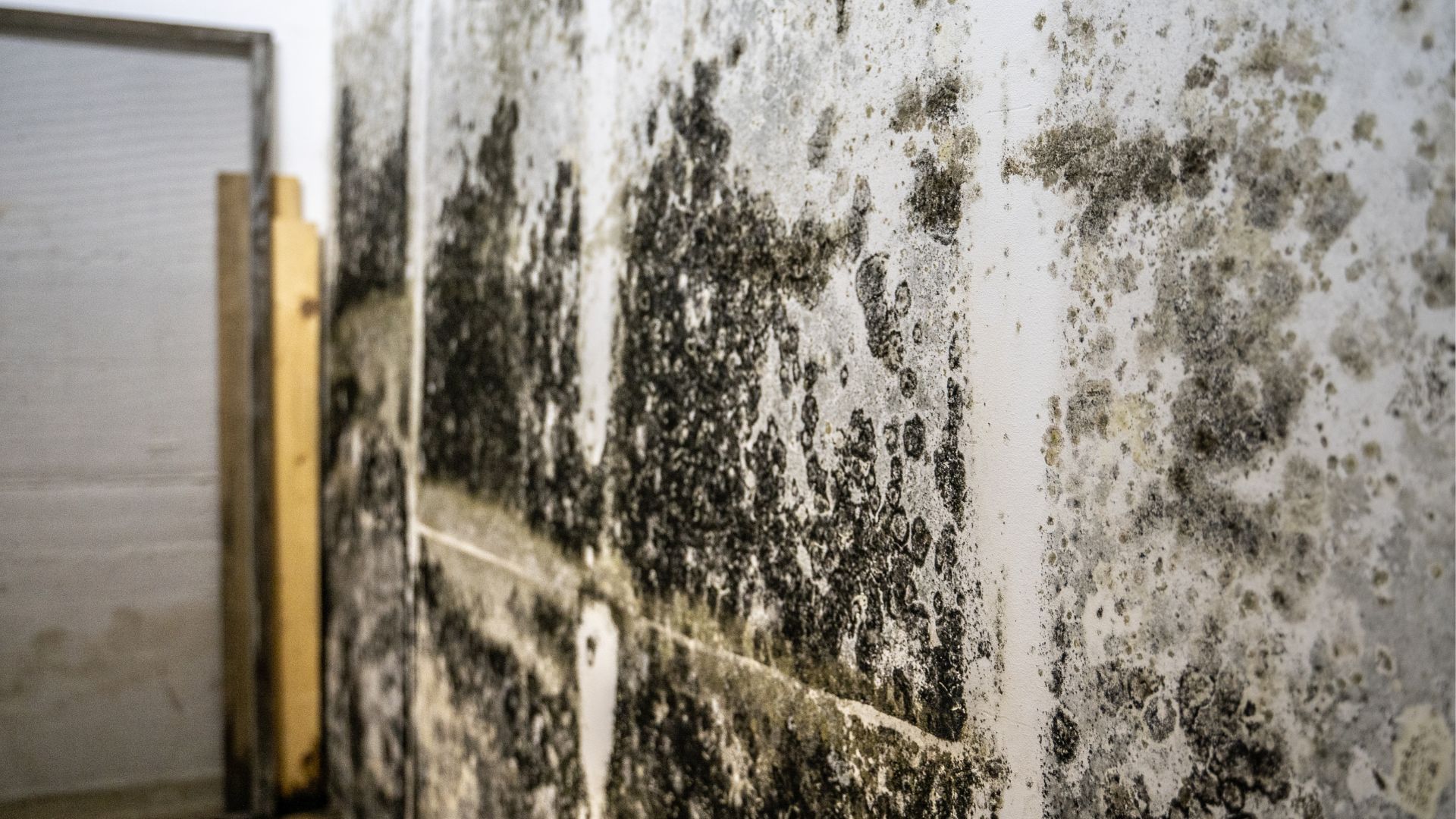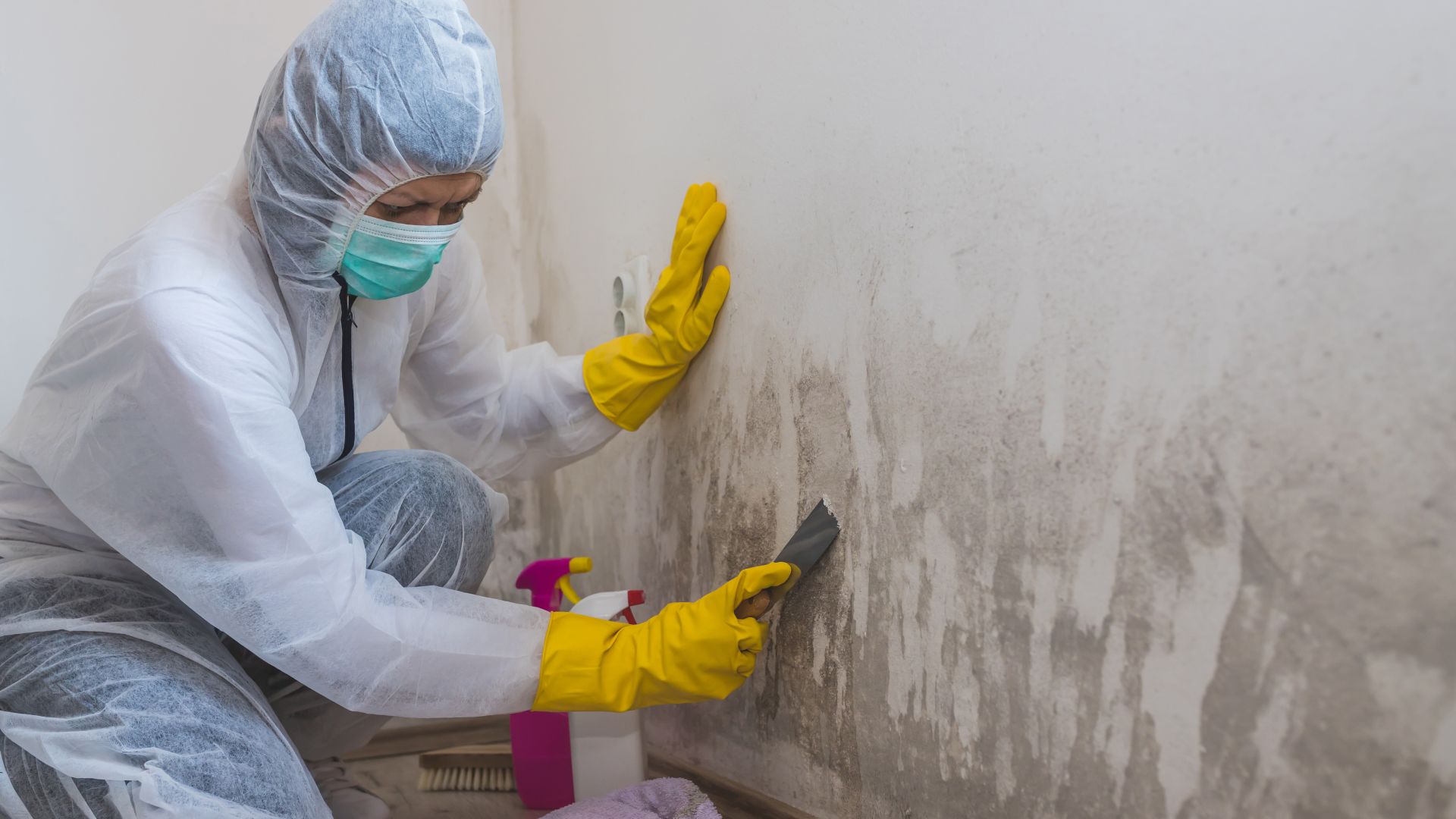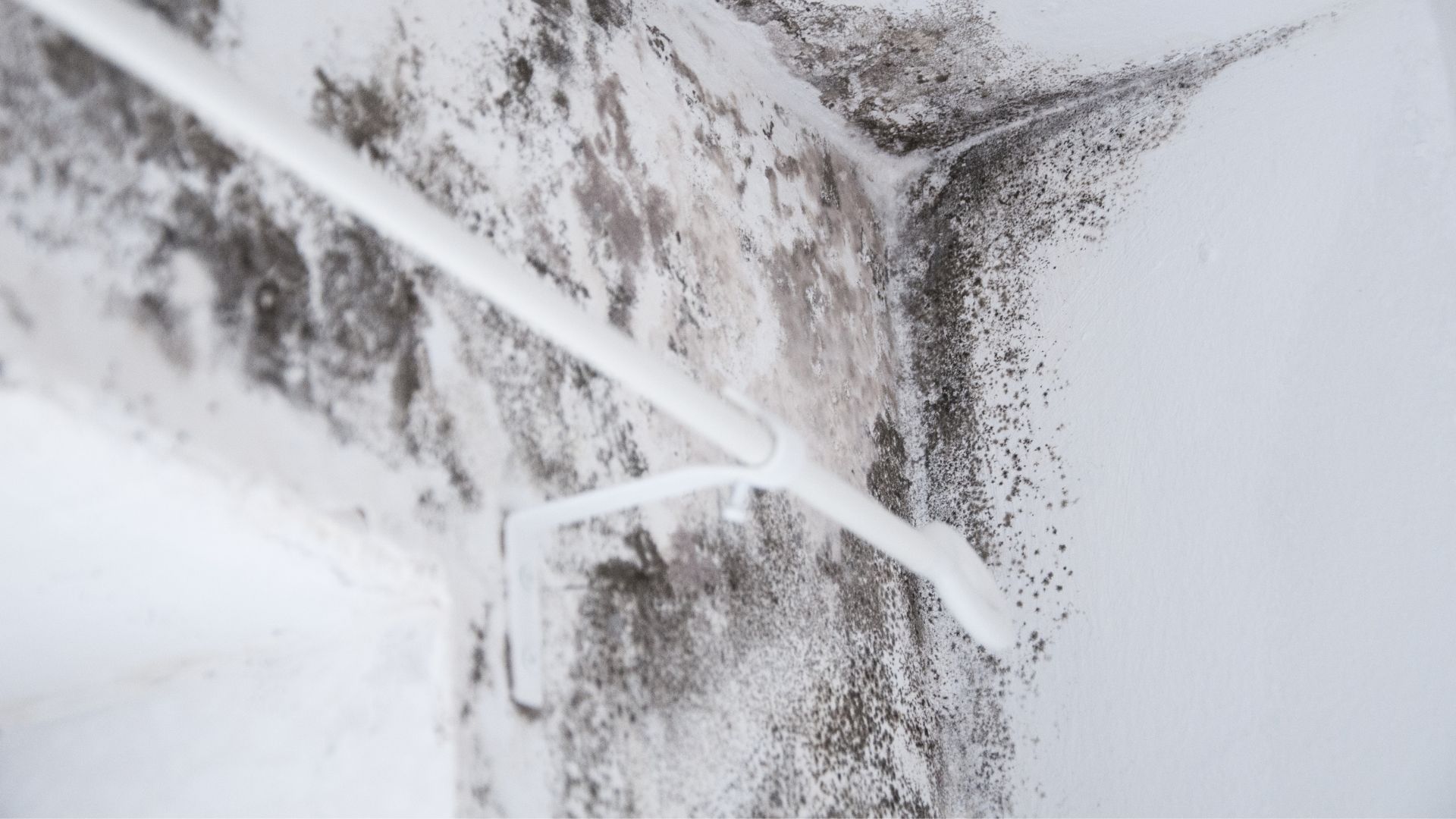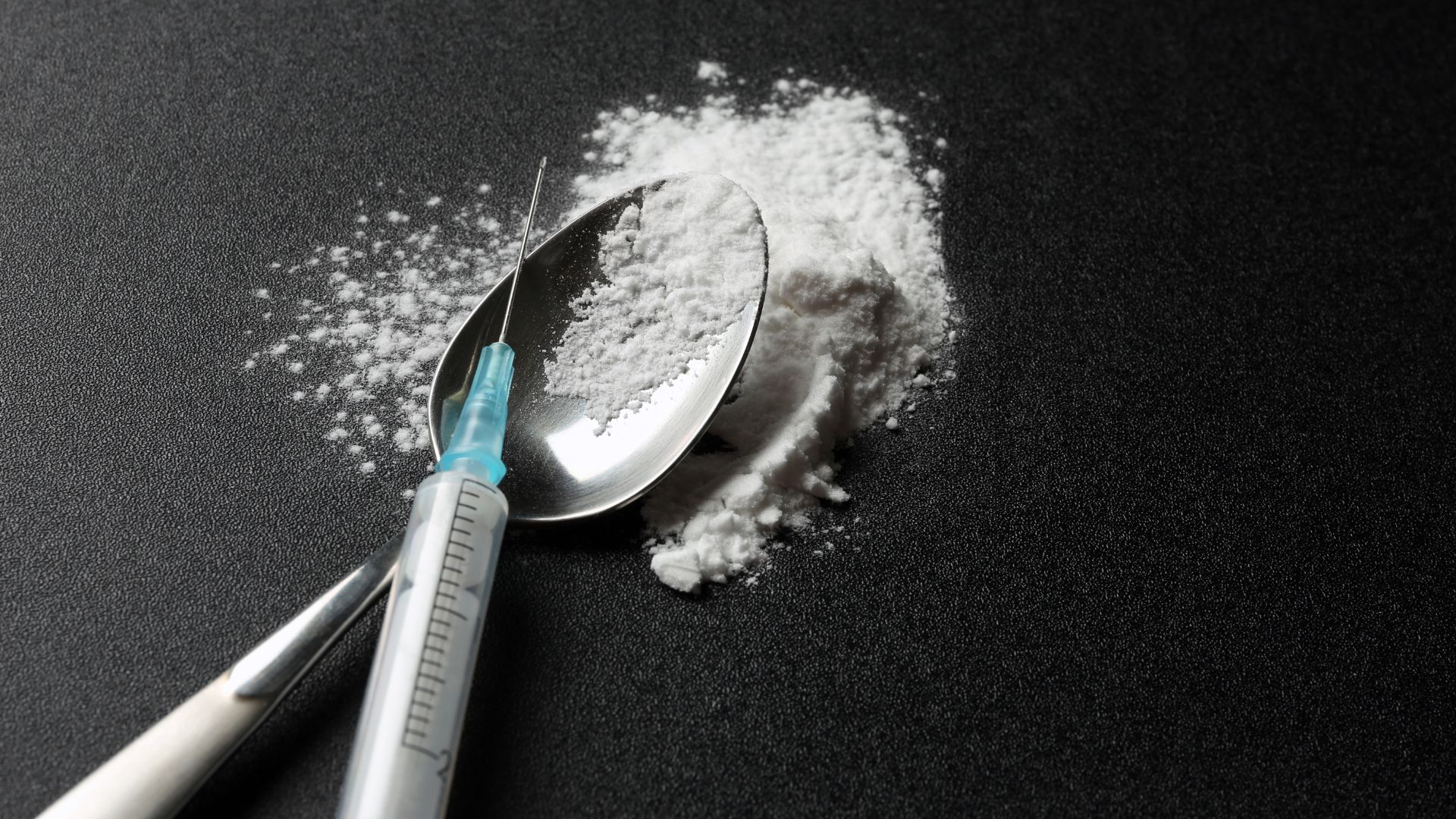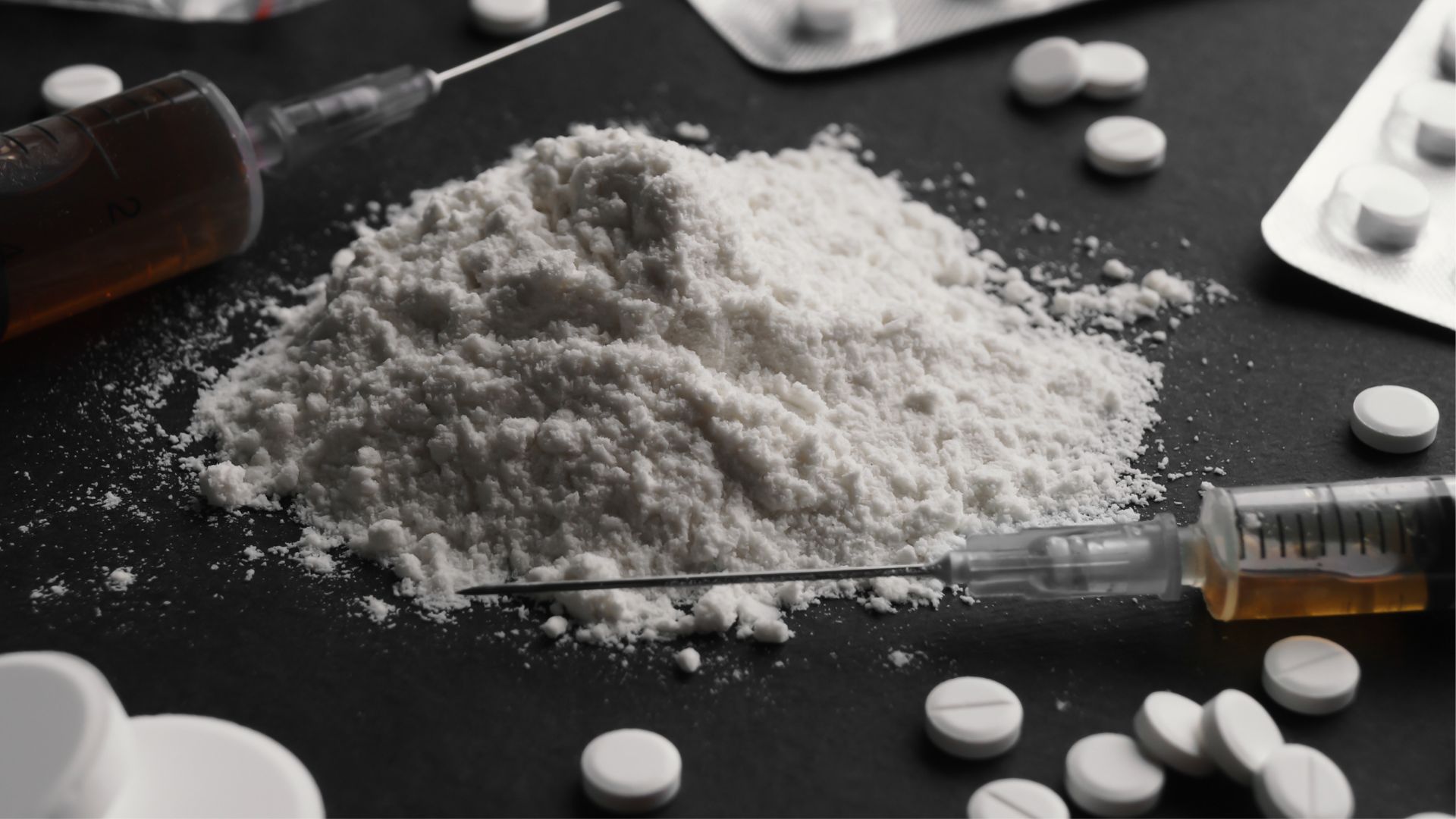Where Do I Find a BioHazard Cleanup Company?
When faced with the daunting task of cleaning up a biohazard situation, one of the first questions that comes to mind is, “Where do I find a cleanup company I can trust?” Whether dealing with a tragic event, hoarding, mold, or other hazardous scenarios, finding a reliable, compassionate, and professional cleanup company is essential.
This is where Biocare comes in. With over 40 years of experience, we’ve seen it all and helped countless families and individuals during some of the most challenging times in their lives. Our team is here to provide more than just a cleanup service; we’re here...

